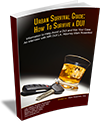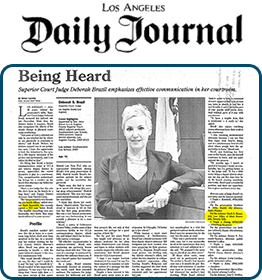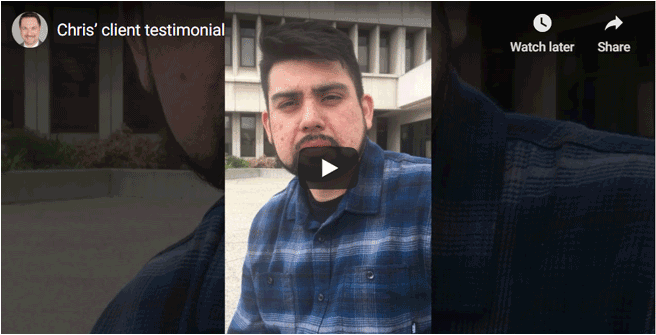In California, if somebody is lawfully arrested for driving under the influence, they are required to complete a chemical test. That would be either a breath test or a blood test. It’s important to make a distinction between a preliminary alcohol screening test or a breath test that’s typically done on the side of the road by the car, which are not post-arrest tests.
If you’re not on probation and you’re over 21, a preliminary alcohol screening out by the car in the field is a voluntary test, but the test after the arrest is a mandatory test. If somebody refuses to take a breath test, then they would need to do a blood test. If they refuse a blood test as well, then we’re looking at enhanced penalties in court, which means stiffer penalties in court as well as possible DMV action that can result in a rather lengthy license suspension.
Here in Los Angeles County, most of the time (if not all of the time) the post-arrest chemical test is done at a police station or at a hospital or maybe in a portable trailer if it’s a DUI checkpoint. Other counties and some cities actually will do the post-arrest chemical test out in the field. They have special equipment that’s specially maintained and calibrated and can be used out in the field. So we have to be really careful about saying that a test out in the field is voluntary, because sometimes it is and sometimes it’s not.
If somebody refuses or is unable to complete a breath test after they’ve been arrested, and they refuse to submit or do a blood test, the Department of Motor Vehicles will attempt to suspend the license for one year on a first-time offense or longer if it’s a multiple offense. When we get to court, a lot of times the prosecutor will be looking for increased penalties. They will actually charge their refusal as an additional allegation or enhancement, and many district attorneys will be looking for jail time, increased classes, increased fines, and longer probation terms.
Generally speaking, if somebody is convicted of a DUI and is found to have refused to submit to a chemical test, judges will impose a harsher sentence. So it’s important that people know the difference between preliminary tests or field sobriety tests and the post-arrest chemical test.
When in doubt, you should just agree to do a blood test. We want to decline the opportunity to do a breath test, so it’s very simple; you know you are going to be taken somewhere where there is a professional that is going to draw blood and that it’ll just be one test. You do not need to do multiple tests, but if somebody is arrested, they do need to do a test, and I would recommend they do a blood test. That’s what happens if somebody refuses a Breathalyzer.






 Personal Attention
Personal Attention Every criminal case is unique and no attorney can guarantee the outcome of a case. The information on this site is legal advertising and for general information only. Using this site, requesting books, information, consultations or communicating with Attorney Rosenfeld through its site does not form an attorney/client relationship.
Every criminal case is unique and no attorney can guarantee the outcome of a case. The information on this site is legal advertising and for general information only. Using this site, requesting books, information, consultations or communicating with Attorney Rosenfeld through its site does not form an attorney/client relationship.








